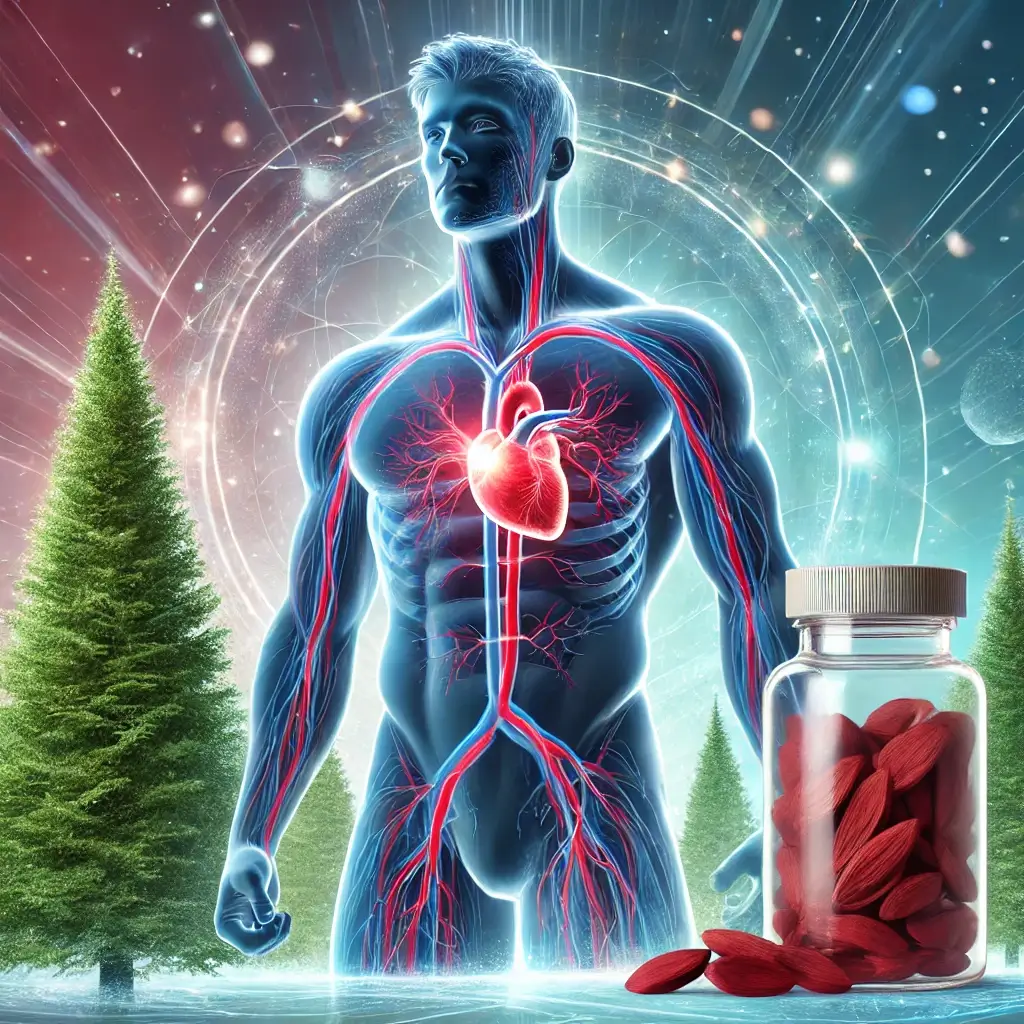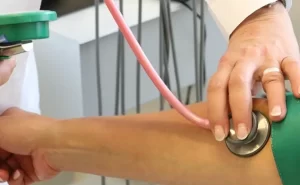Diabetes is Associated with Erectile Dysfunction
As you correctly pointed out, erectile dysfunction, sometimes known as ED, is a common symptom of diabetes. Erectile dysfunction is also commonly referred to as ED. To illustrate the connection, below is a breakdown:
Implications of Diabetes on the Erection:
Diabetes can cause damage to blood arteries throughout the body, including those that feed blood to the penis. This can affect blood flow levels. This reduced blood flow makes it harder to generate and keep an erection going for an extended period.
Damage to nerves due to diabetes can also cause damage to nerves throughout the body, including the nerves that are responsible for transmitting signals to the penis that are used for arousal and erection.
Diabetes, a chronic medical disease, can sometimes lead to hormonal imbalances, which can substantially impact sexual function. These imbalances can be caused by diabetes. As a result of the body’s failure to regulate blood sugar levels correctly, these hormonal disturbances can arise. This, in turn, can affect the production and balance of a variety of hormones, including those that play an important part in sexual health.
It is possible for persons who have diabetes to experience a cascade of hormonal changes as a result of defective control of insulin, which is a hormone that is responsible for managing blood glucose levels.
One example is that abnormally high or low blood sugar levels can interfere with the regular functioning of the hypothalamus and pituitary gland. These two glands coordinate the production and release of essential hormones like testosterone, estrogen, and progesterone.
Additionally, the comorbidities that are frequently connected with diabetes, such as nerve damage (also known as neuropathy) and vascular issues, can further exacerbate the impact that diabetes has on sexual function.
Neuropathy can restrict blood flow, which makes it difficult to reach and sustain arousal.
Neuropathy can restrict blood flow, which makes it difficult to reach and sustain arousal, and vascular issues can lead to diminished sensitivity and poor sexual response. Both of these symptoms can be caused by neuropathy.
It is essential for people who have diabetes to maintain constant collaboration with their healthcare professionals to monitor and manage any hormonal abnormalities they may experience efficiently. Depending on the circumstances, this may require making adjustments to the medication, making changes to the lifestyle, and, in some instances, the utilization of hormone replacement therapy or other interventions to restore hormonal balance and improve sexual performance.
There are actions that individuals may take to maintain a healthy and meaningful sexual life, which is a crucial component of overall well-being and quality of life. These steps can be taken by addressing the underlying hormonal imbalances linked with diabetes.
The prevalence of:
When compared to males who do not have diabetes, men who have diabetes have a much higher risk of experiencing erectile dysfunction (ED-related symptoms). It is estimated that between 35 and 75 percent of men who have diabetes may develop some form of erectile dysfunction at some point in their lives.
To a greater extent than in the general population, erectile dysfunction (ED) typically manifests itself early in men who have diabetes.
Aspects to Consider and Their Impact:
ED can substantially impact a man’s quality of life and self-esteem, leading to a poorer quality of life and a burden on intimate relationships.
Communicating frankly with your physician about erectile dysfunction is a crucial step. They can evaluate the condition, determine the possible causes (including diabetes, among others), and suggest suitably acceptable treatment alternatives.
The treatment of underlying illnesses can also enhance erectile function.
Strategies for Treatment:
Changing one’s lifestyle, such as maintaining a healthy weight, engaging in regular physical activity, learning to manage stress effectively, and giving up smoking, can considerably enhance blood flow and overall health, which may lead to significantly improved erectile performance.
Medications used orally: Medications such as Viagra, Cialis, and Levitra can assist in enhancing blood flow to the penis during sexual stimulation, which in turn makes it easier to achieve and maintain impotence.
Vacuum devices, implants, and suppositories are some of the additional treatment options that may be considered based on the degree of erectile dysfunction (ED) and the preferences of the individual.
The treatment of underlying illnesses can also enhance erectile function. For example, if other medical disorders, such as high blood pressure or cholesterol, are contributing to erectile dysfunction (ED), addressing those conditions can increase erectile function.
The following is a list of resources that you might find helpful:
American Diabetes Association: https://diabetes.org/health-wellness/sexual-health/erectile-dysfunction
Mayo Clinic: https://www.mayoclinic.org/diseases-conditions/erectile-dysfunction/symptoms-causes/syc-20355776
Note that although erectile dysfunction (ED) is a common consequence of diabetes, it is curable. Discussing any issues you may have regarding your sexual health with your physician is something you should not be afraid to do. You can attain a sexual life that is both healthy and fulfilling if you receive the appropriate supervision and treatment.













